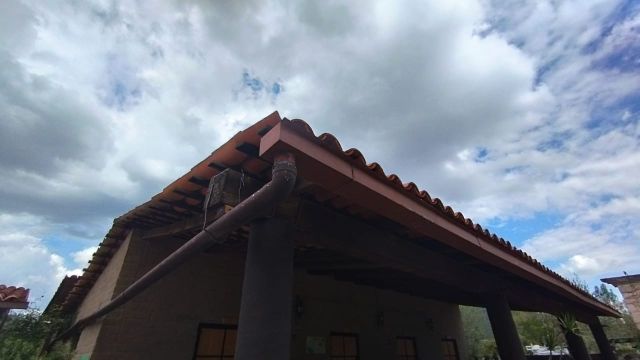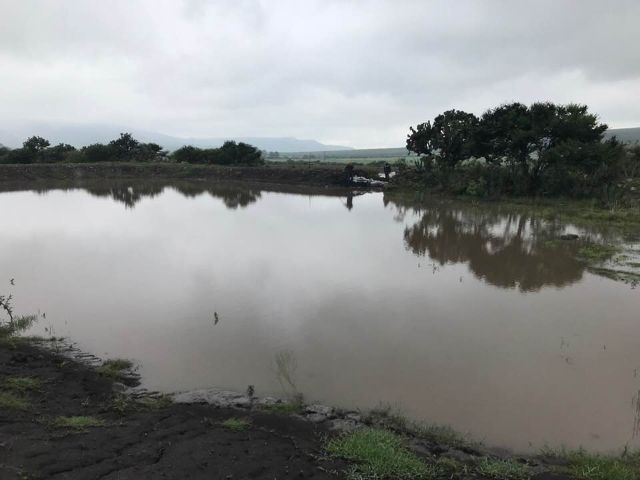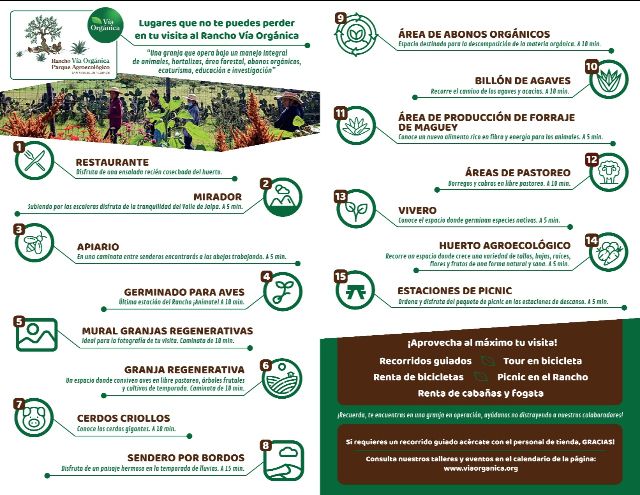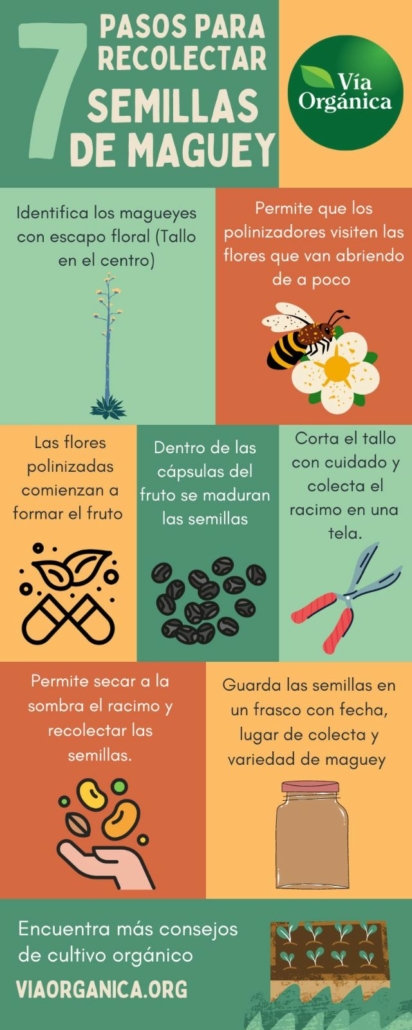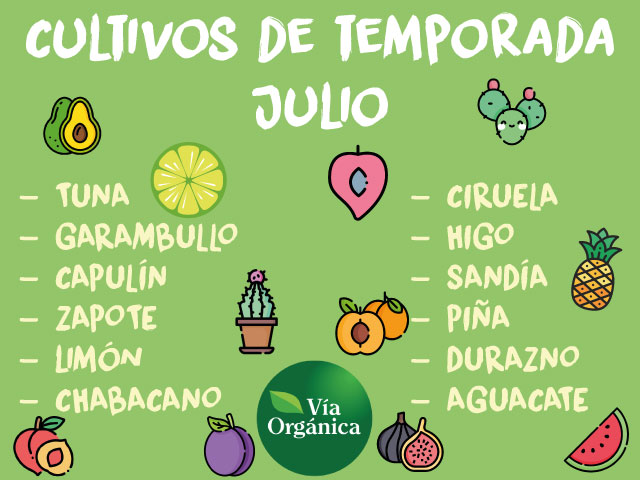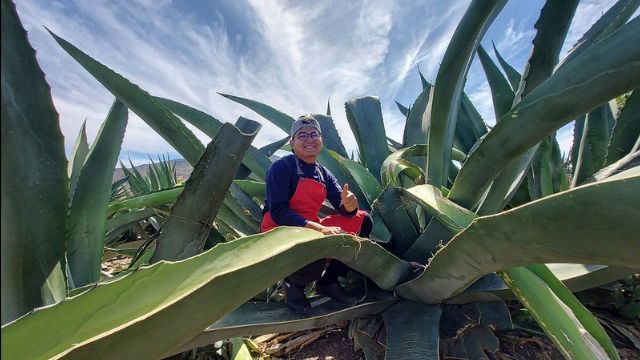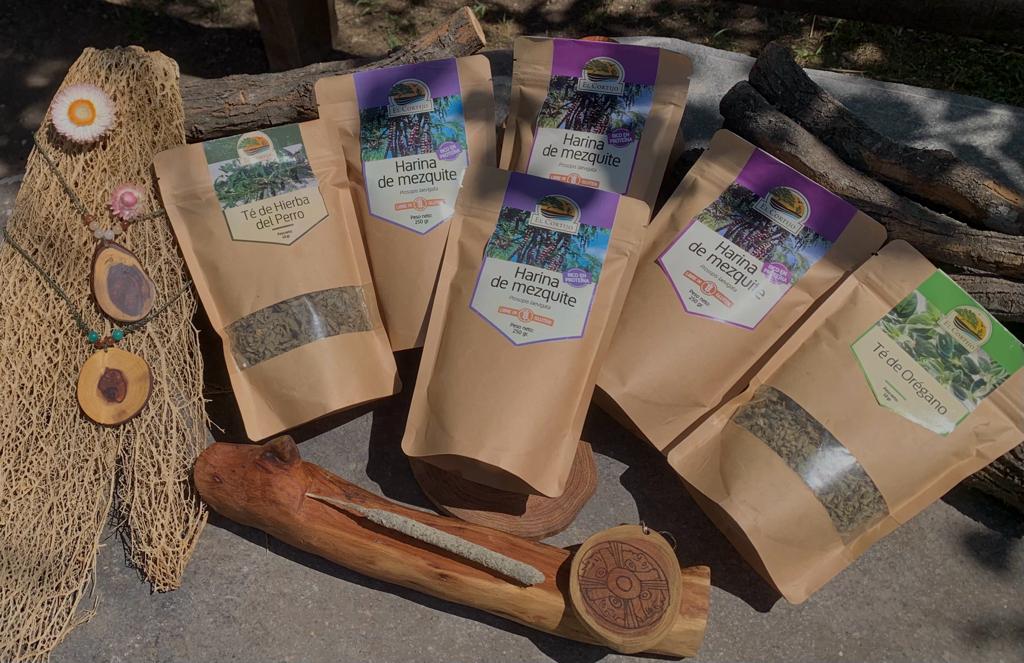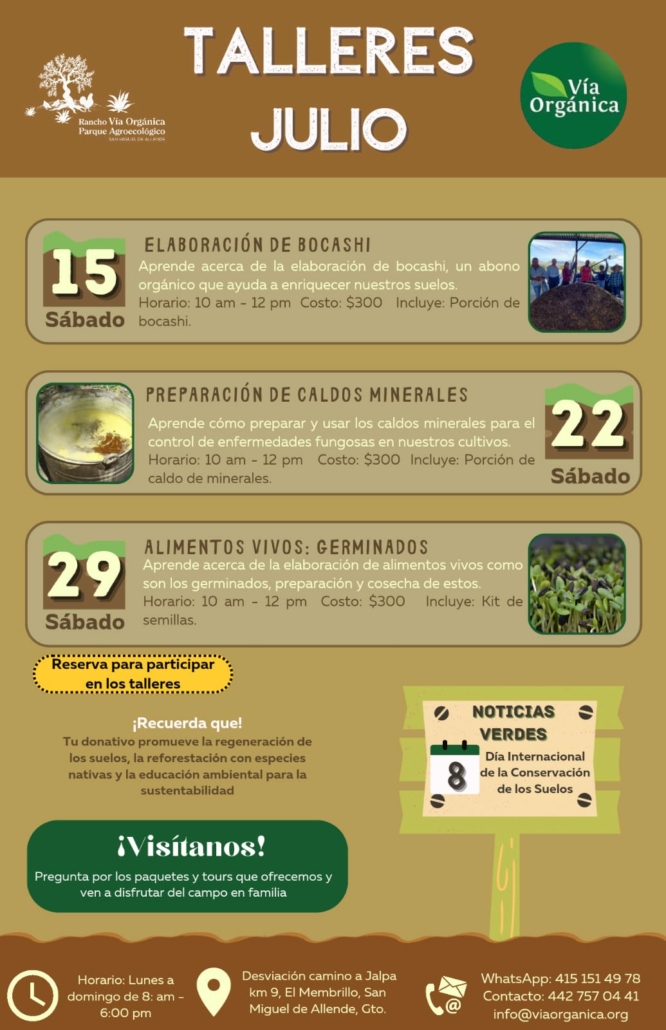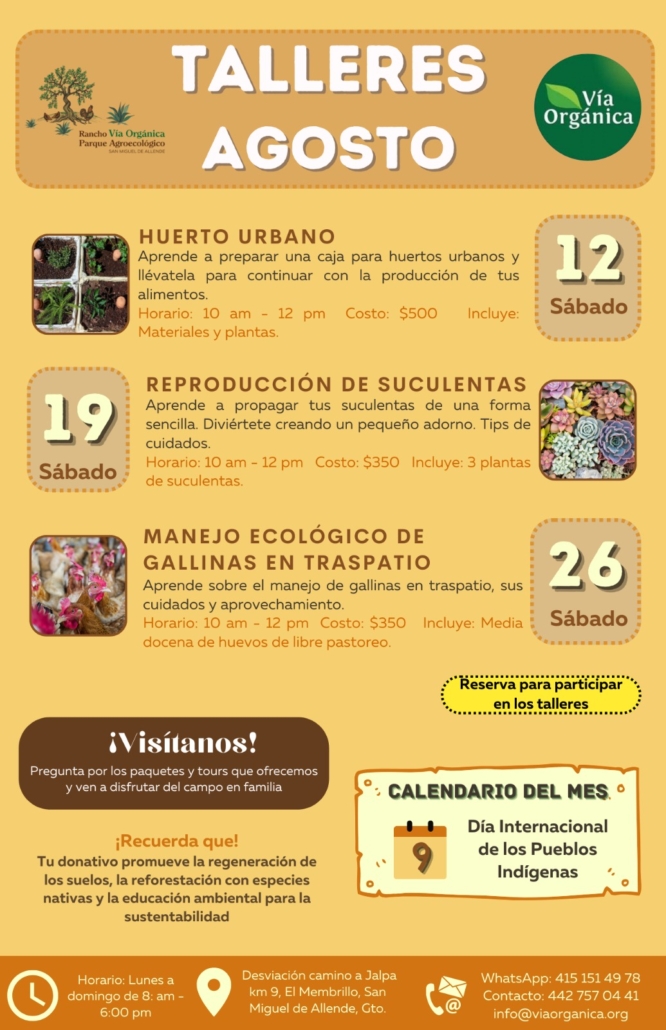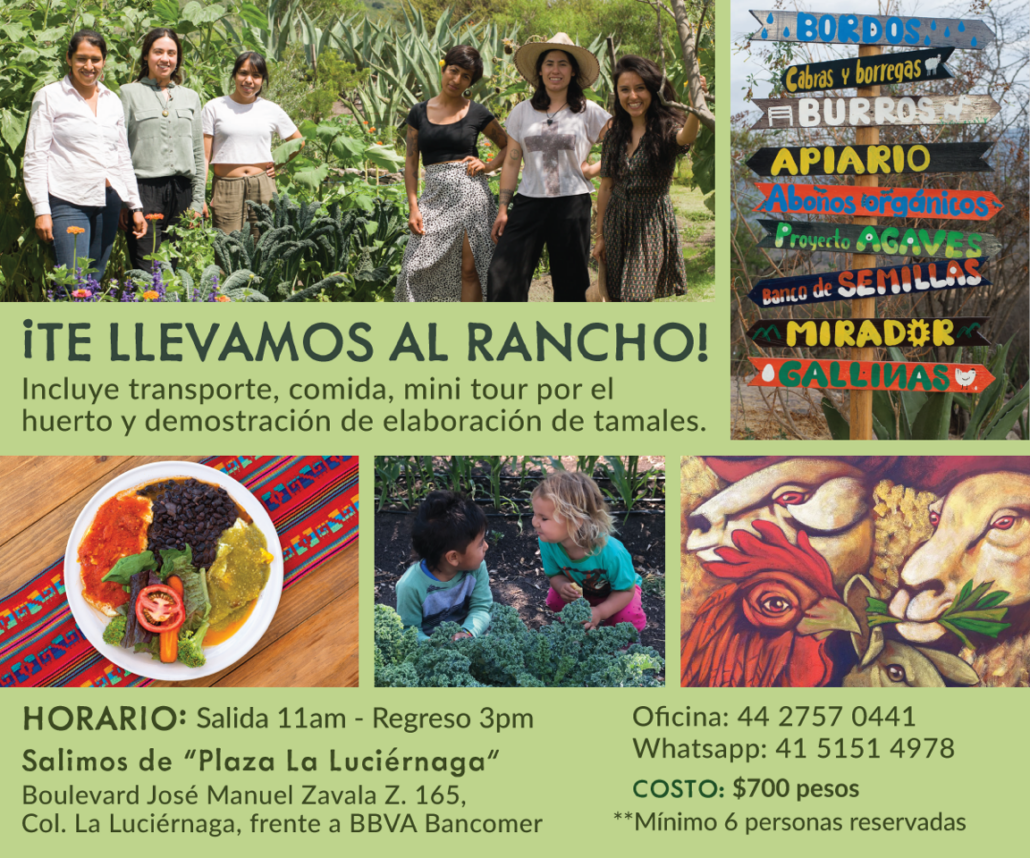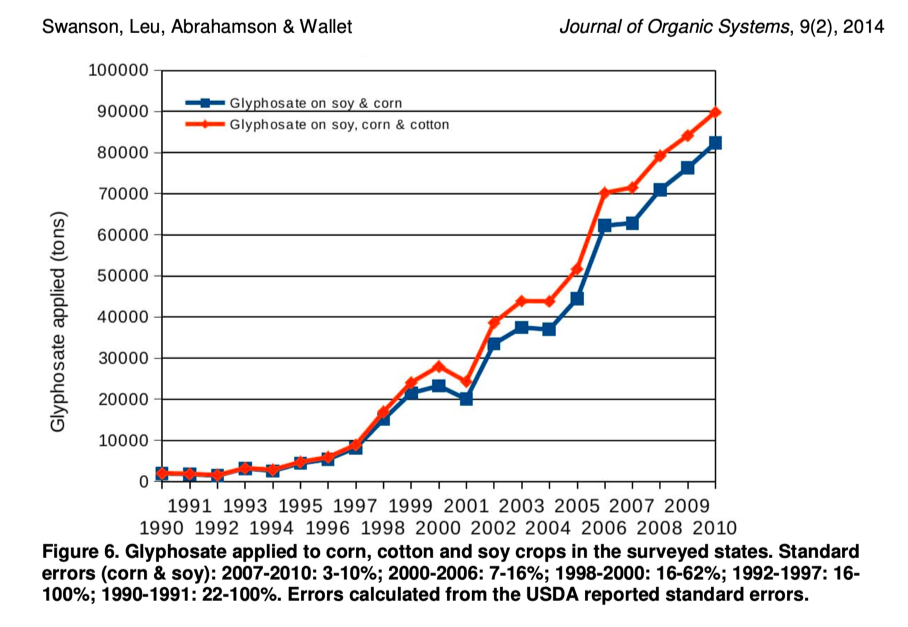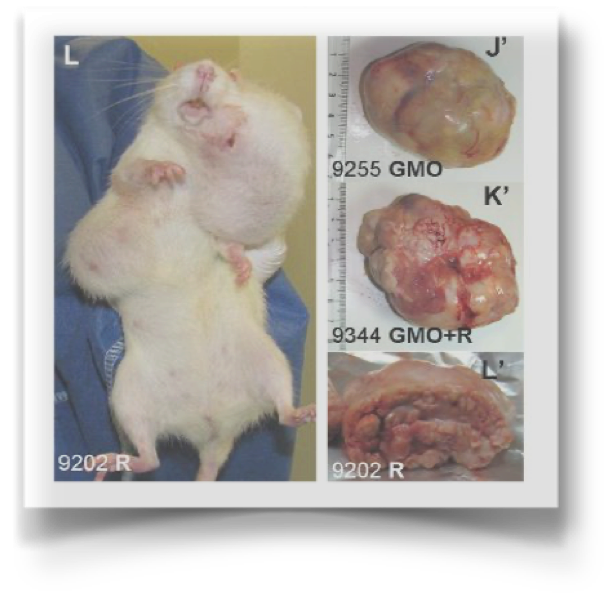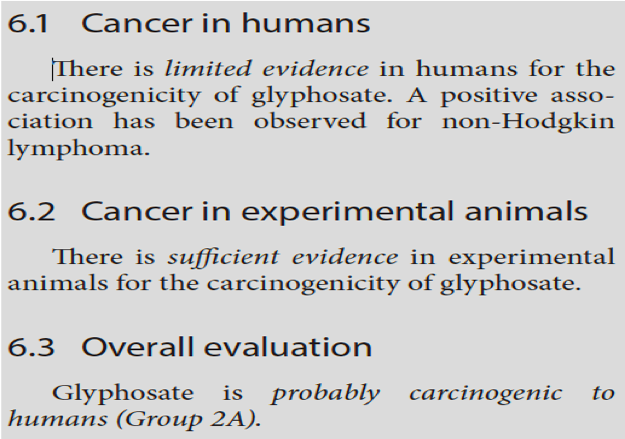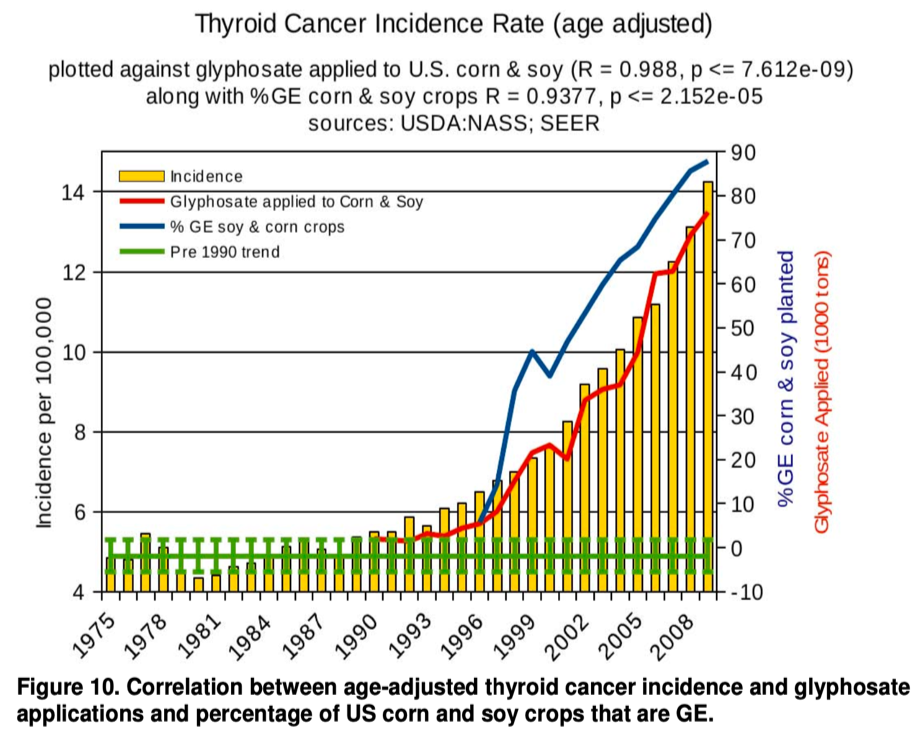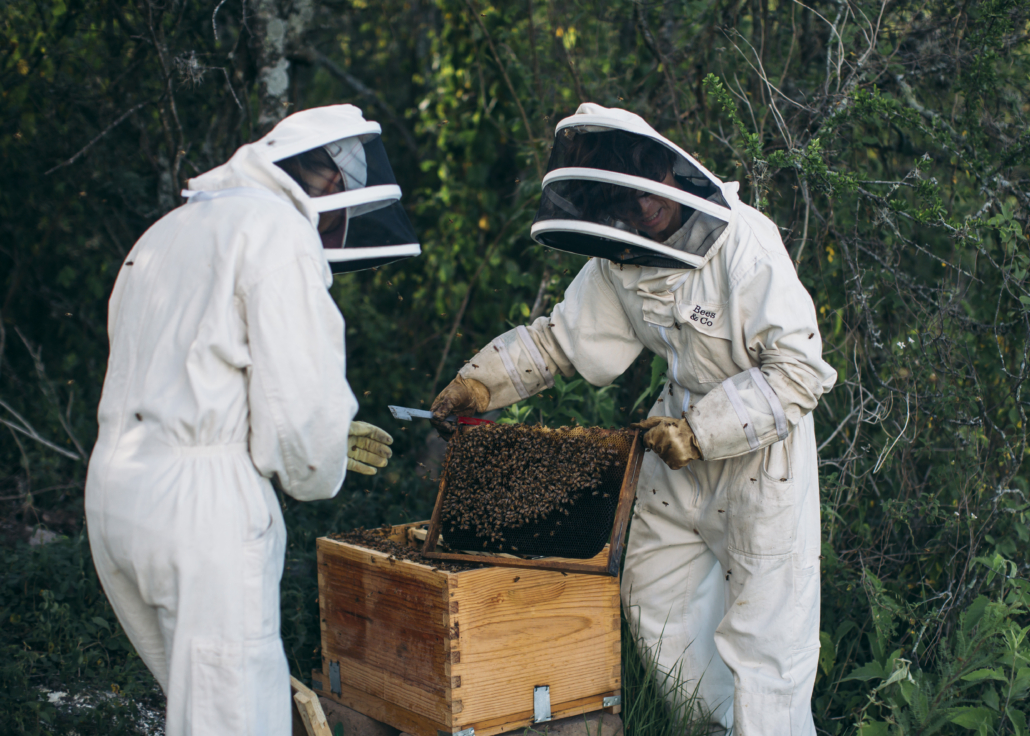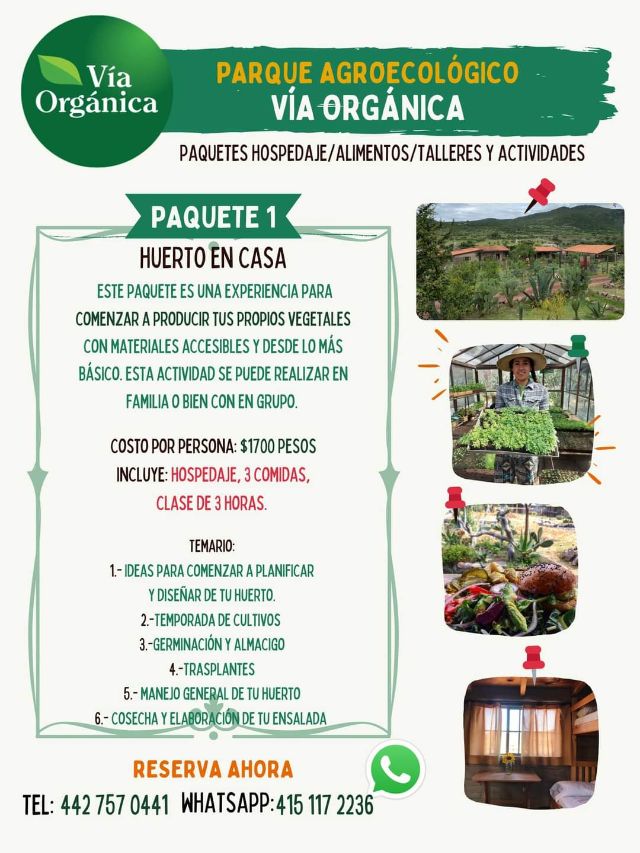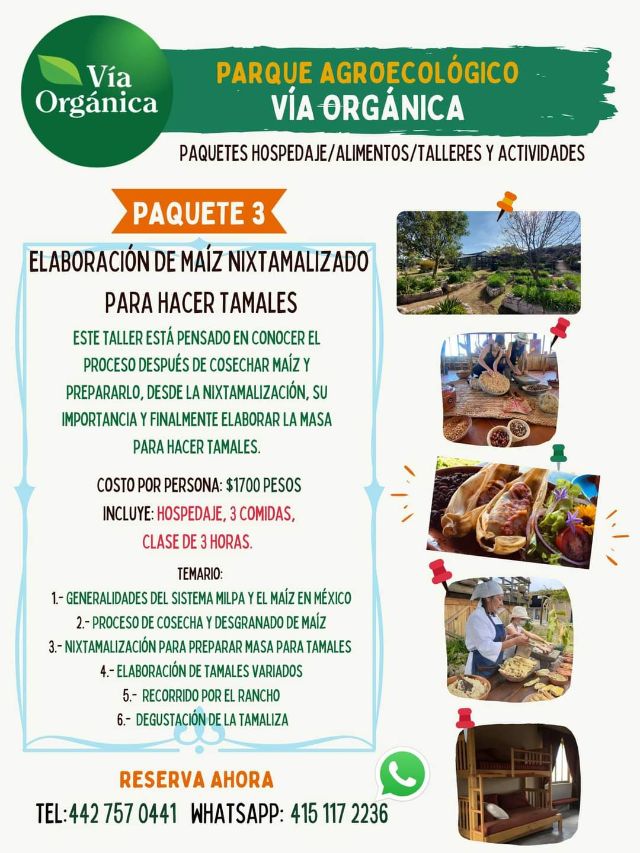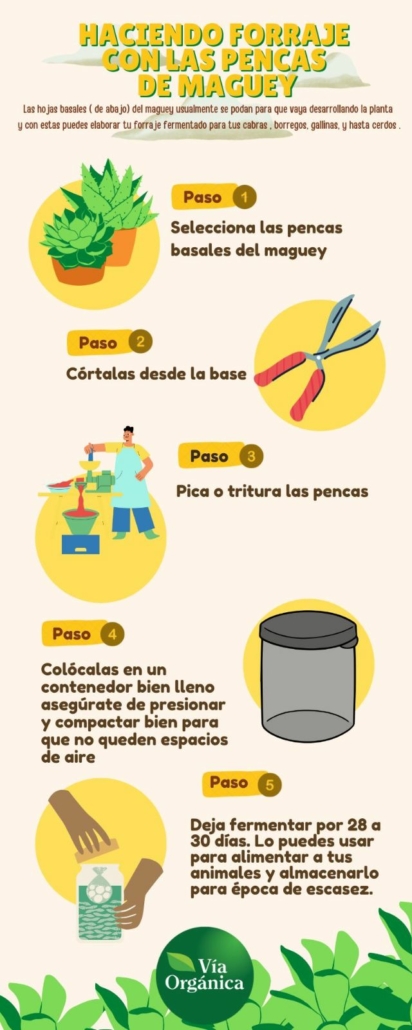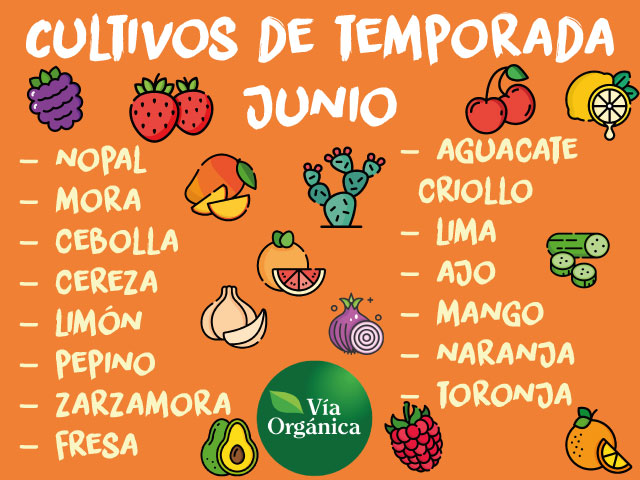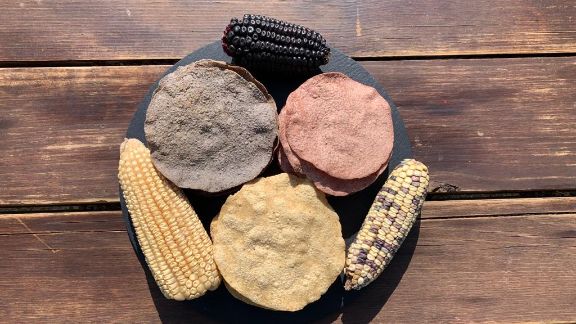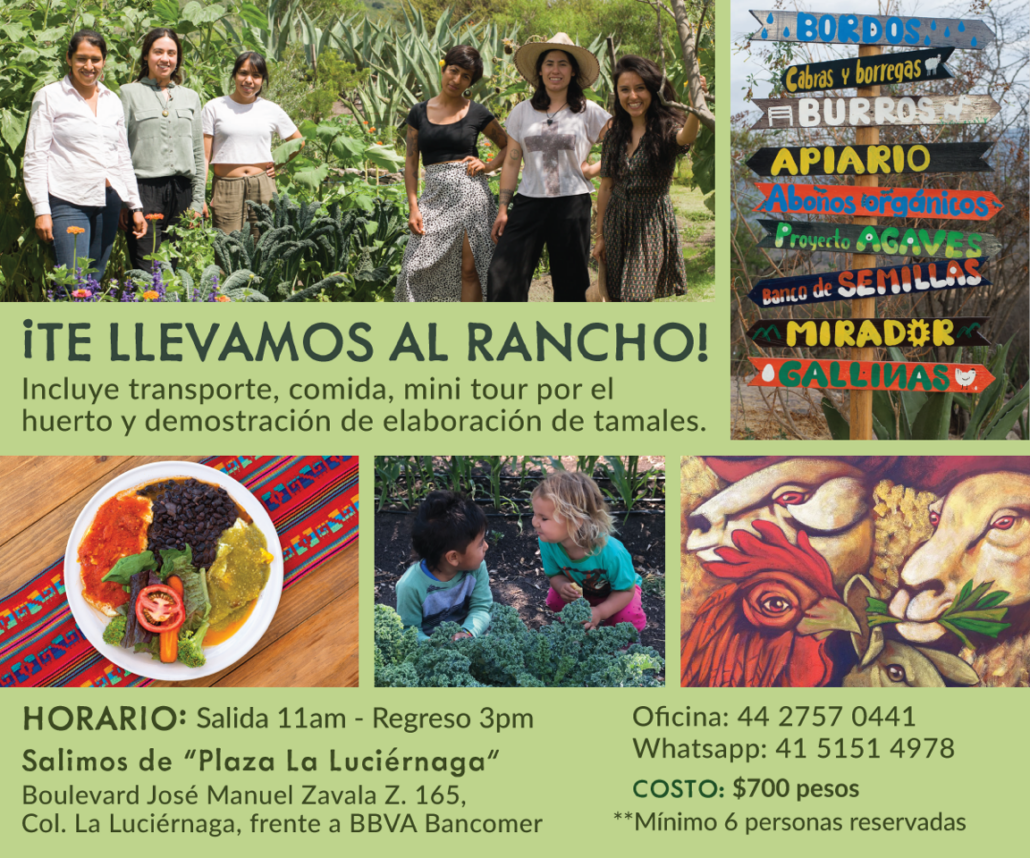Regeneration International has Reached More than 500 Partners from Every Continent!
More than 500 Partners from Every Continent
Regeneration International (RI) is one of the largest and most significant regenerative organizations on the planet, with over 500 partners in over 70 countries in Africa, Asia, Latin America, Australasia, the Pacific, North America, and Europe. We are the people who started the global regeneration movement.
Leaders of the organic, agroecology, holistic management, environmental, and natural health movements came together to form Regeneration International as a genuinely inclusive and representative umbrella organization. We aimed to establish a global network of like-minded agricultural, environmental, health, and social organizations to regenerate our food and farming systems, our health, environment, climate, and communities – which is what we have done.
We started the global regeneration movement, and due to our founding actions, regeneration is in the news daily. Regeneration International continues to lead, grow and approve more partners every month.
Due to the diversity of like-minded partners, regenerative agriculture is now being used as an umbrella term for the many farming systems that use techniques such as longer rotations, cover crops, green manures, legumes, compost, and organic fertilizers. These farming systems include organic agriculture, agroforestry, agroecology, permaculture, holistic grazing, silvopasture, syntropic farming, and other agricultural systems that increase soil organic matter/carbon. Soil organic matter is an essential proxy for soil health – as soils with low levels are not healthy.
Dr. Vandana Shiva, one of our founders, stated: “Regenerative agriculture provides answers to the soil crisis, the food crisis, the climate crisis, and the crisis of democracy.”
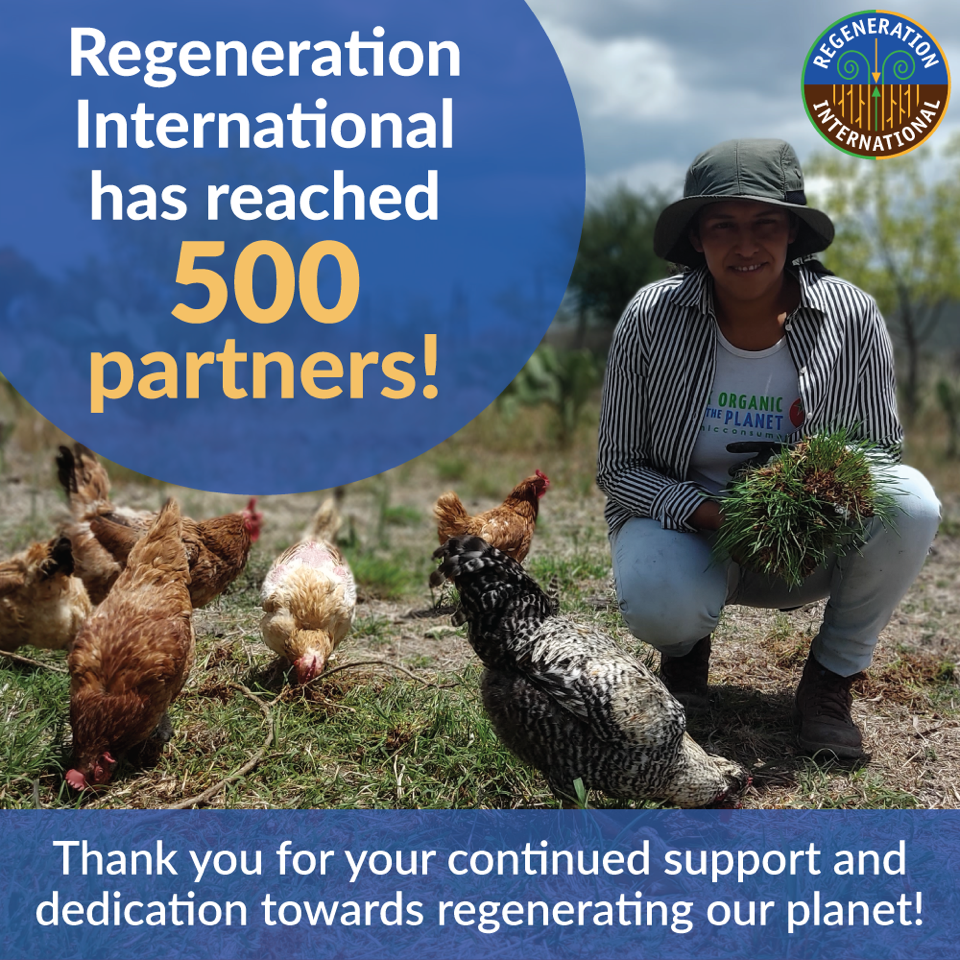
Defining Regenerative Agriculture.
By definition: Regenerative systems improve the environment, soil, health, animal welfare, and communities.
The opposite of Regenerative is Degenerative
By definition: Agricultural systems that use Degenerative practices and inputs that damage the environment, soil, health, and communities and involve animal cruelty, such as synthetic toxic pesticides, synthetic water-soluble fertilizers, genetically modified organisms, confined animal feeding operations, and destructive tillage systems, are not Regenerative.
They must be called out as Degenerative Agriculture.
Regenerative and Organic based on Agroecology – the path forward.
RI’s perspective: All agricultural systems should be regenerative and organic using the science of agroecology.
Regeneration must be seen as a way to improve systems and heal our planet. Practitioners must determine what practices are acceptable and what practices are degenerative and, therefore, unacceptable. The criteria to analyze this must be based on the Four Principles of Organic Agriculture. These principles are clear and effective ways to decide what practices are Regenerative and what are Degenerative:
Health
Organic agriculture should sustain and enhance the health of soil, plant, animal, human, and the planet as one and indivisible.
Ecology
Organic agriculture should be based on living ecological systems and cycles, work with them, emulate them and help sustain them.
Fairness
Organic agriculture should build on relationships that ensure fairness in the familiar environment and life opportunities.
Care
Organic agriculture should be managed in a precautionary and responsible manner to protect the health and well-being of current and future generations and the environment.
Ronnie Cummins, one of our founders, clearly stated: “Regenerative agriculture and animal husbandry is the next and higher stage of organic food and farming, not only free from toxic pesticides, GMOs, chemical fertilizers, and factory farm production, and therefore good for human health; but also regenerative in terms of the health of the soil.”


